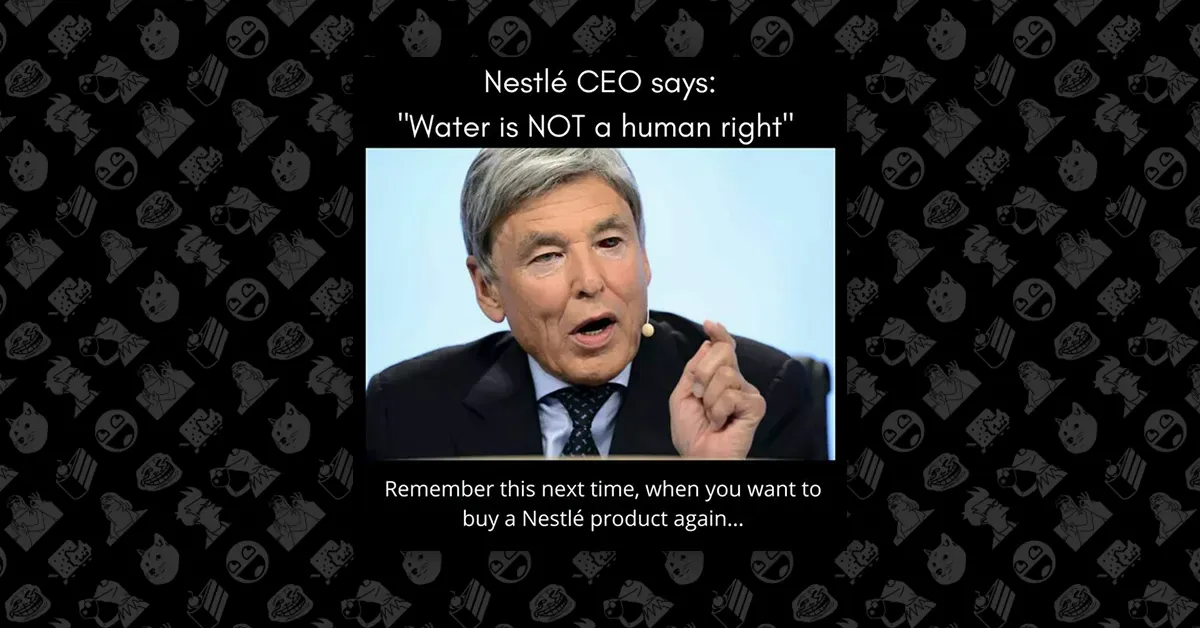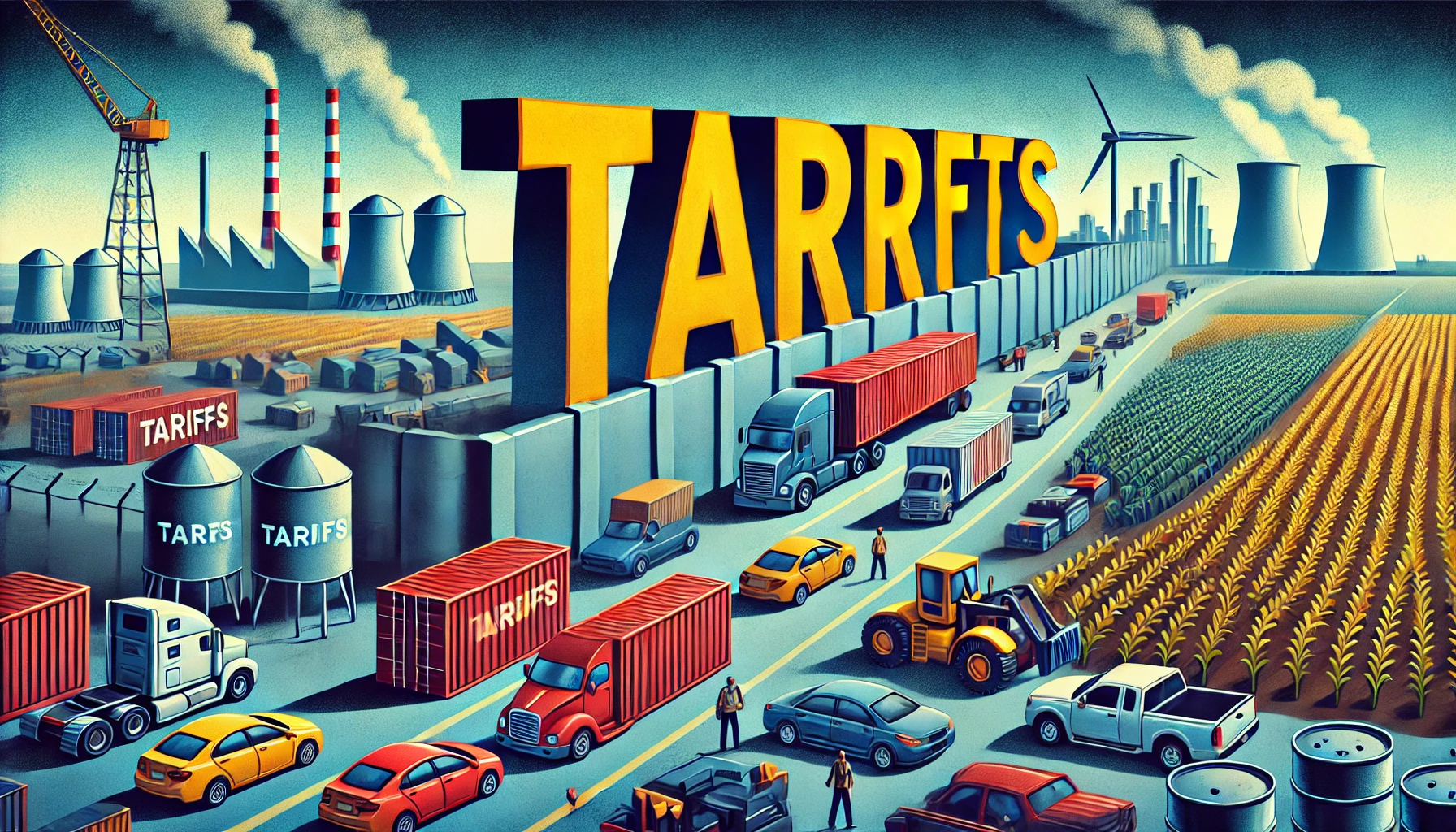There is something deeply unsettling about the notion that water, the most fundamental element of human survival, should be considered anything other than an inalienable right. Yet, in an era defined by corporate overreach, Nestlé’s infamous claim that water is not a human right is a chilling reflection of the broader trend toward the privatization of essential resources.
This is not merely an issue of corporate greed, though greed undoubtedly plays a role. At its core, it is a philosophical question about the nature of rights themselves. If something as essential as water can be commodified, where does the line get drawn? The argument in favor of privatization hinges on efficiency—that corporations, through their vast infrastructure and logistics, are best suited to distribute resources effectively. But history has shown that when profit is the guiding principle, the needs of the most vulnerable are often dismissed as externalities. The result is a world where water becomes a privilege rather than a right, leading to humanitarian crises in developing nations and economic disparities that cannot be ignored.
One must also consider the implications of Nestlé’s marketing tactics in impoverished regions, particularly in their aggressive promotion of baby formula over breastfeeding. This practice not only undermines maternal health but fosters a dependency on corporate products, further exacerbating economic vulnerabilities. The commodification of nature itself is the logical conclusion of an economic system that prioritizes profit over well-being, and unless checked, it could lead to dystopian levels of resource control.



